As Tanzanians head to the polls, there is a growing sense that this year’s presidential election is less a contest and more a coronation for President Samia Suluhu Hassan. With most heavyweight opposition figures disqualified or silenced, the ruling Chama Cha Mapinduzi (CCM) party appears poised to secure yet another sweeping victory.
At 65, President Samia faces her first presidential election since taking power in 2021 following the death of her predecessor, John Magufuli. Initially hailed as a reformist leader who promised a softer, more inclusive style of governance, she quickly won praise for her “four Rs” agenda: reconciliation, resilience, reform, and rebuilding which reopened Tanzania to international partners, investors, and donors after years of strained relations. Her efforts restored trust with institutions such as the World Bank and the International Monetary Fund, earning her early acclaim both at home and abroad.
But the optimism that marked her early days in office has steadily faded. In the past two years, critics say Tanzania’s political landscape has once again darkened. Reports of abductions, extrajudicial killings, and harassment of opposition members have resurfaced, leading many to draw comparisons to the repressive years under Magufuli. Freedom House, a global human rights watchdog, recently downgraded Tanzania’s status from “partly free” to “not free,” citing shrinking civic space and escalating attacks on dissent.
The opposition landscape has been decimated ahead of Wednesday’s vote. The country’s main opposition party, Chadema, remains banned from participating, and its leader, Tundu Lissu, is currently facing treason charges. His deputy, John Heche, was arrested last week after publicly criticizing the government’s so-called reforms. Before his detention, Heche denounced the president’s promises as “fake,” accusing her administration of deceiving the public by lifting restrictions on rallies while continuing to stifle genuine opposition activity.
Meanwhile, Luhana Mpina, the presidential hopeful from ACT Wazalendo — Tanzania’s second-largest opposition party — has been disqualified twice. Despite securing a court order reinstating his candidacy, the electoral commission later upheld his disqualification after an appeal from the Attorney General. This has left only minor parties like Chaumma and CUF in the race, with little chance of challenging the CCM’s dominance.
“The ruling party’s tight control over institutions and the exclusion of credible opposition voices undermine the legitimacy of this election,” observed political analyst Nicodemus Minde in a report for the Institute for Security Studies. “What we’re witnessing is the erosion of competitive democracy.”
For many Tanzanians, this has drained any sense of excitement or hope from the election. In Dar es Salaam, residents like Godfrey Lusana see no point in voting. “We do not have an election without a strong opposition. The system is not independent. We already know who will win,” he said. “If the electoral commission were truly independent, I would have voted.”
Still, President Samia’s campaign has maintained momentum, especially on the mainland, where her image as “Mama Samia,” the motherly leader, resonates with many. Her rallies have drawn crowds inspired by her promises of improved infrastructure, healthcare, and education. Women in particular see her as a symbol of empowerment. “She brings dignity. We young women look up to her,” said Queen Castoric, a first-time voter in Tanga. “She makes us believe that women can lead and be reliable in our communities.”
However, not everyone shares this optimism. In urban areas, frustration is growing among youth and unemployed citizens who feel left behind. “Leadership is not just about tone,” said Celina Ponsiana, another first-time voter in Dar es Salaam. “Unemployment is still high. Many of us are struggling.”

In Zanzibar, the atmosphere is more dynamic. The semi-autonomous archipelago — where Samia was born — is witnessing a lively campaign between incumbent regional president Hussein Mwinyi of the CCM and his deputy, Othman Masoud of ACT Wazalendo. The race there is far tighter, offering a rare sense of competition that contrasts sharply with the mainland’s subdued political scene.
Observers say Samia’s tougher stance in recent years may reflect a struggle to assert authority in a male-dominated political system and within her own party. Despite leading the CCM unchallenged into the election, her consolidation of power has not come without friction. Some senior members privately oppose her automatic candidacy, and one outspoken critic, Humphrey Polepole, was reportedly abducted after questioning the process.
Analysts suggest that Samia may have become increasingly beholden to a network of powerful CCM backers and business elites known as Mtandao. This influential group, which Magufuli once resisted, is believed to wield significant control over the ruling party’s internal decisions. Minde’s report argues that “internal party democracy has been stifled through orchestrated moves to make Samia the sole candidate,” creating divisions behind a façade of unity.
For a growing number of Tanzanians, the combination of fear, censorship, and fatigue has created an atmosphere of resignation. Media outlets now practice self-censorship, and public political debate has largely shifted to private conversations and social media platforms.
While President Samia remains popular among sections of the population for her poise and diplomacy, the country’s democratic foundations appear increasingly fragile. With the opposition dismantled and voter enthusiasm dwindling, analysts warn that low turnout and post-election unrest could further damage the credibility of the electoral process.
As polling day nears, many believe the outcome is already decided. For President Samia Suluhu Hassan, the election is likely to deliver her first official mandate but for Tanzania, it may mark another step away from the democratic promise once rekindled at the start of her presidency.


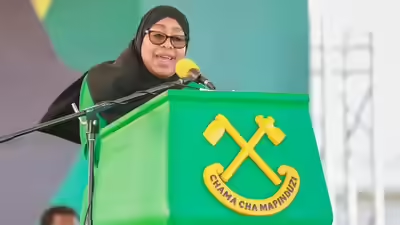
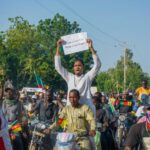

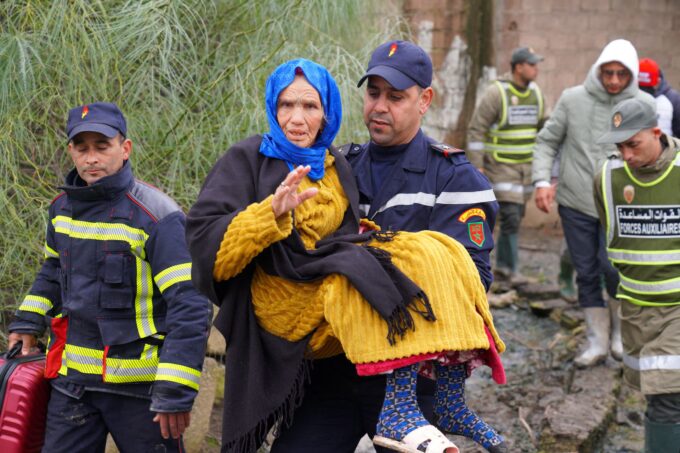

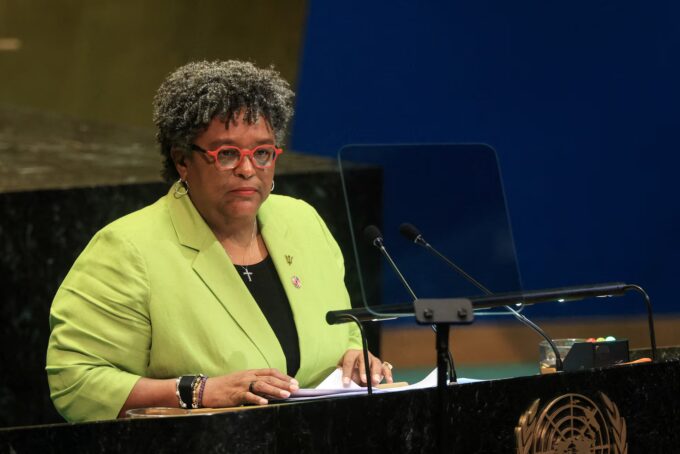
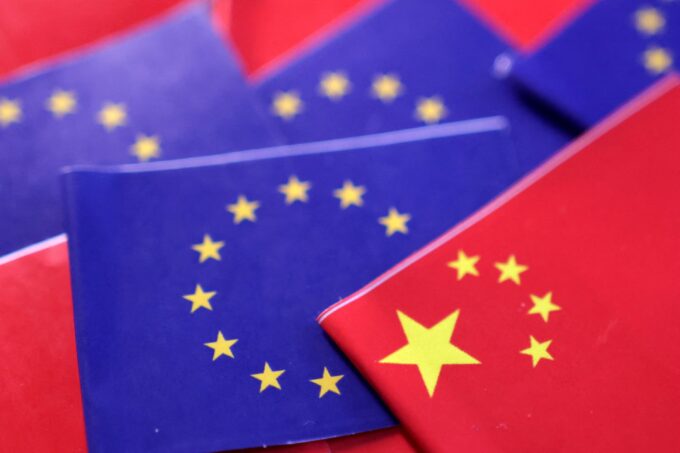
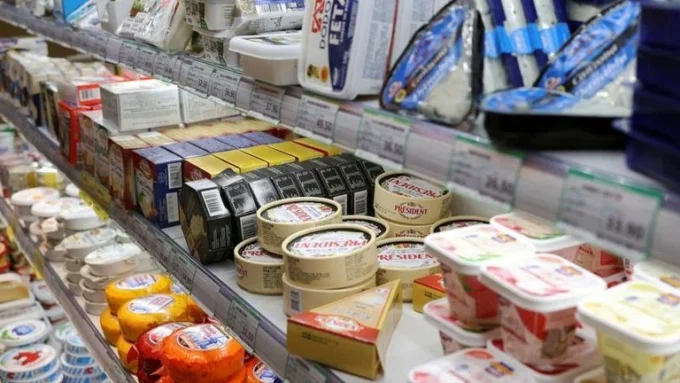


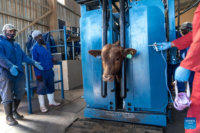

Leave a comment